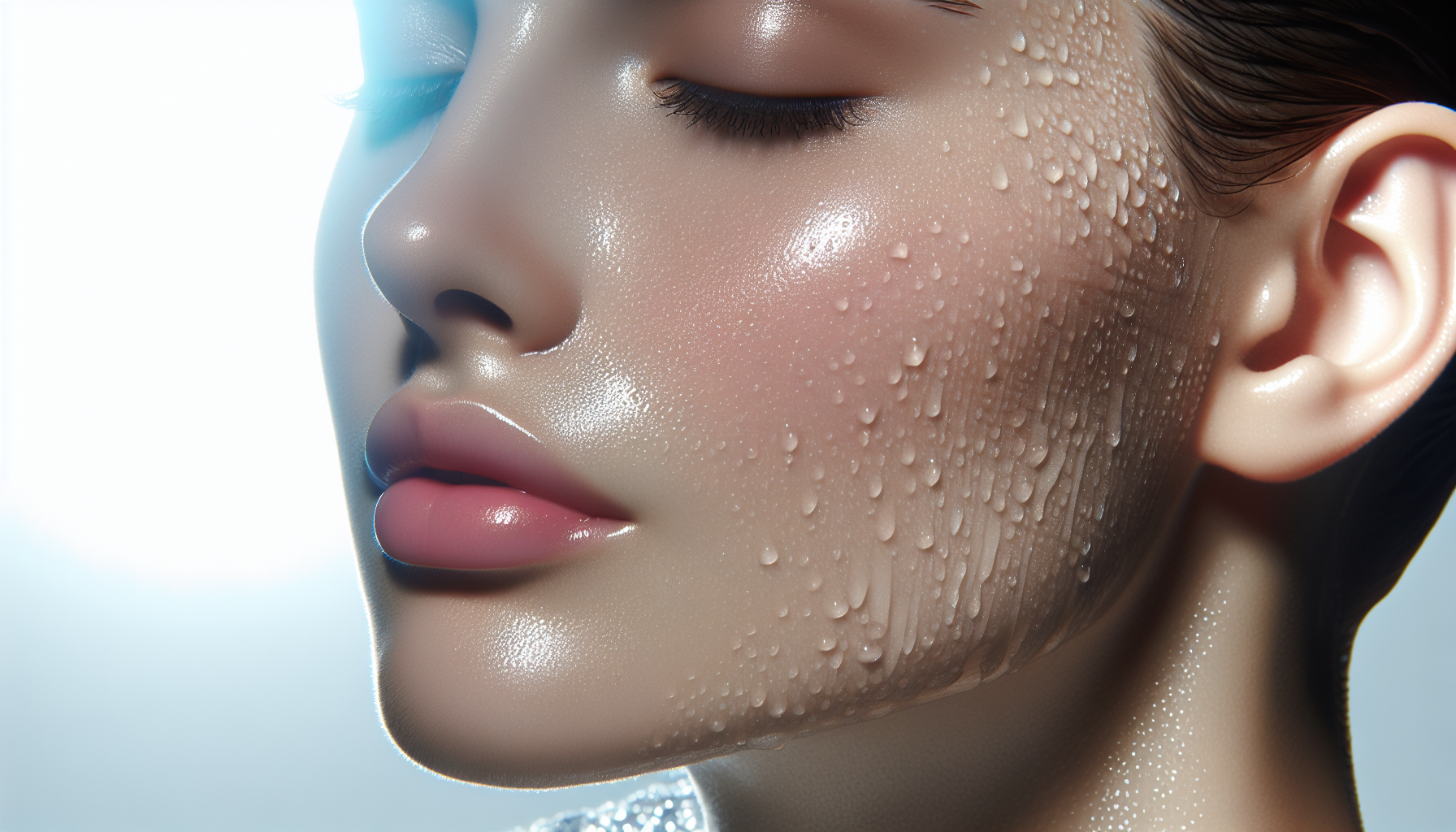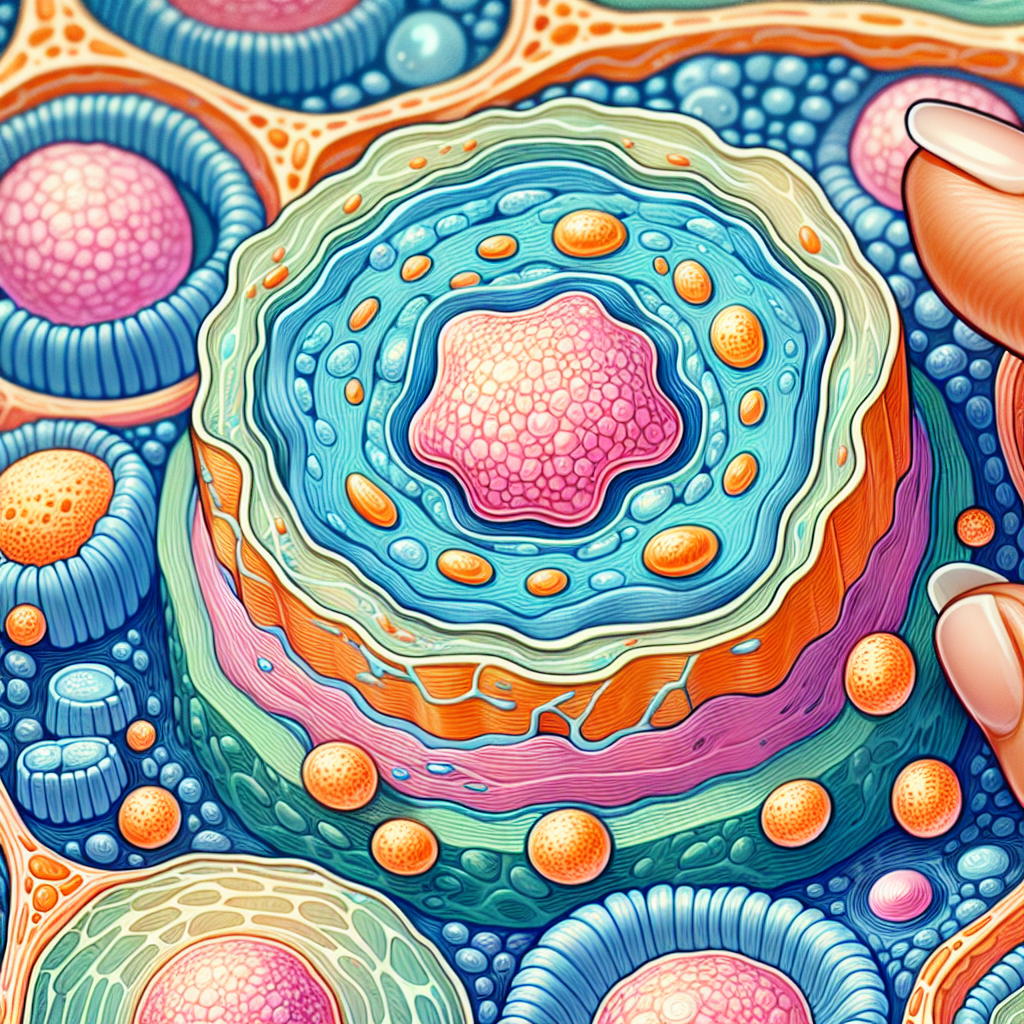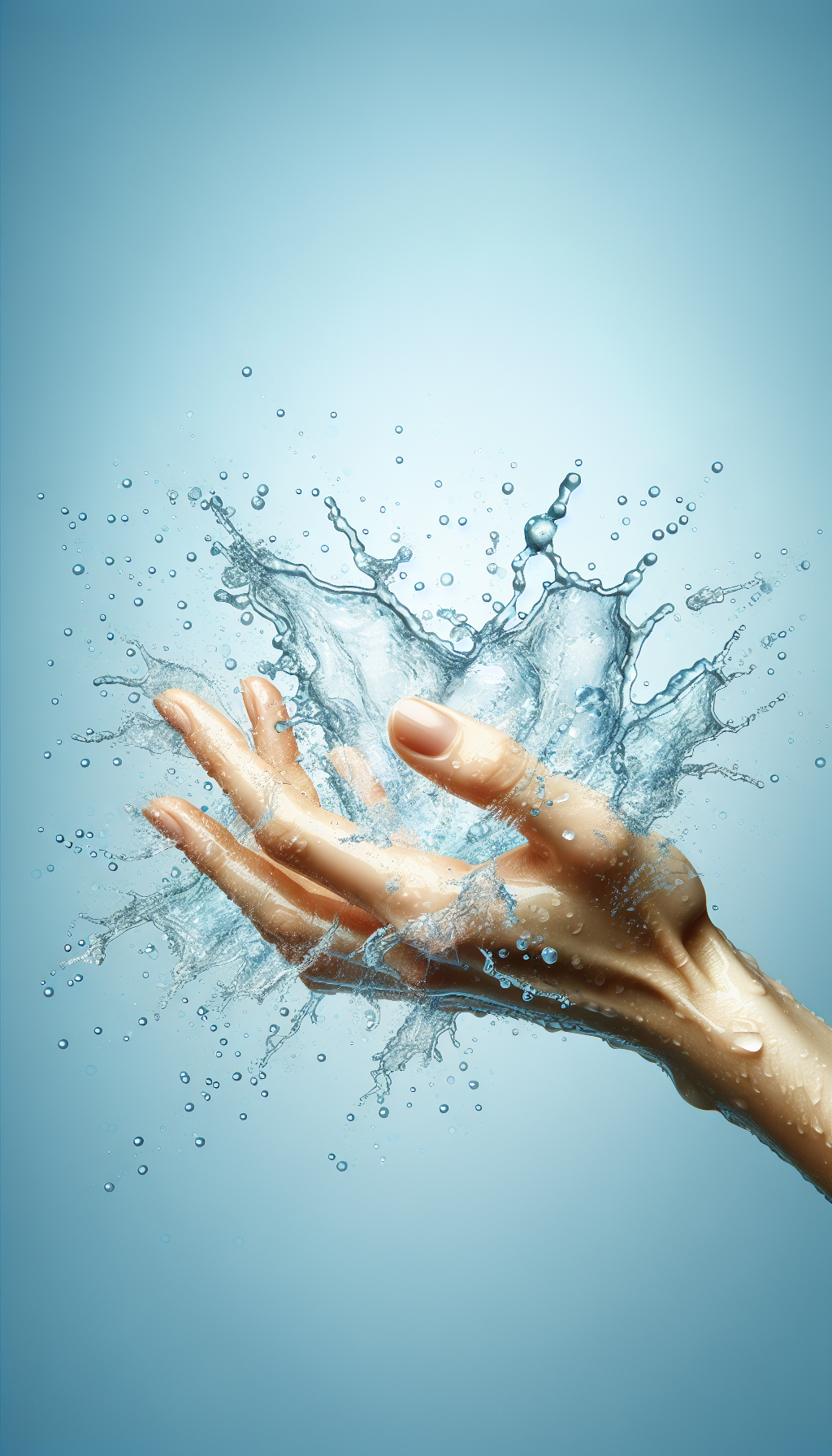Proper skin hydration is a cornerstone of a healthy complexion and is especially crucial for those managing acne-prone skin. While the link between skin hydration and acne may not be immediately apparent, understanding and maintaining the balance of moisture in the skin can significantly influence the development and severity of acne.
Understanding Skin Hydration
At its most basic, skin hydration refers to the water content within the skin cells, which contributes to a plump, resilient, and vibrant complexion. Hydration can be affected by various factors, from environmental conditions to lifestyle choices and skincare routines. When skin is well-hydrated, it’s better equipped to function as a barrier against irritants and bacteria that can contribute to acne.
However, the relationship between skin health and overall wellness is intricate and multi-faceted. For an in-depth exploration of skin health and its broader implications, Avixhealth’s dedicated section on skin health offers a wealth of information.
The Hydration-Acne Connection
The skin’s natural oils, or sebum, play a vital role in keeping the skin flexible and hydrated. However, when the skin is dehydrated, it can trigger an overproduction of sebum as a compensatory mechanism. This excess oil can clog pores, leading to the formation of acne. Moreover, dehydrated skin may lead to irritation and inflammation, exacerbating acne and other skin conditions.
The Role of the Skin Barrier
The skin barrier is the outermost layer of the skin, known as the stratum corneum. Its primary function is to protect the body from external aggressors while retaining moisture. When this barrier is compromised, due to lack of hydration or other factors, it can become more susceptible to bacteria and pollutants that contribute to acne.
Maintaining a robust skin barrier is essential not only for acne prevention but also for overall skin health. Articles such as The Science Behind Skin Hydration and Barrier Repair delve deeper into the mechanics of the skin barrier and its maintenance.
External Factors Affecting Skin Hydration
Several external factors can affect skin hydration levels. Climate changes, for instance, can either strip away moisture from the skin or contribute to excessive oiliness. To understand how to adjust your skincare routine to these changes, consider reading The Impact of Climate on Skin Health and Care Routines.
Furthermore, the use of harsh skincare products can disrupt the skin’s pH balance and strip it of essential oils, leading to dehydration. It’s crucial to choose products that support the skin’s natural barrier without causing irritation.
Strategies for Enhancing Skin Hydration
Hydrating from the Inside Out
Hydration starts from within. Drinking adequate water is the most straightforward approach to ensuring your skin cells receive the hydration they need. But hydration also comes from a balanced diet rich in fruits, vegetables, and foods high in omega-3 fatty acids, which can improve the skin’s ability to retain moisture.
External resources like scholarly articles on the role of diet in skin hydration can provide more in-depth insights. For instance, a study on the Impact of Omega-3 Fatty Acids on Skin Health can offer a scientific perspective on dietary choices.
Choosing the Right Skincare Products
Selecting the right skincare products is paramount. Look for non-comedogenic moisturizers that hydrate without clogging pores. Ingredients such as hyaluronic acid can help attract moisture to the skin, while glycerin and ceramides can lock in that moisture and reinforce the skin barrier.
For more specialized advice, dermatological resources such as the American Academy of Dermatology provide recommendations on moisturizers for different skin types.
Monitoring Water Loss
A lesser-known aspect of skin hydration is the concept of Transepidermal Water Loss (TEWL), which refers to the water that evaporates from the skin’s surface. Minimizing TEWL is essential for maintaining hydration levels and can be achieved through the use of occlusive agents in skincare products that create a protective seal over the skin.
Research on TEWL, such as articles found on PubMed, can offer deeper insights into how different ingredients affect the skin’s water retention capabilities.
Professional Treatments and Therapies
Sometimes, professional treatments can assist in boosting skin hydration levels and preventing acne. Treatments like hydrafacials or light therapy can improve the skin’s overall health, leading to better hydration and fewer breakouts.
For a comprehensive understanding of such treatments, exploring dermatological advancements on platforms like the Journal of Clinical and Aesthetic Dermatology can be invaluable for those seeking the latest in skin care therapies.
Conclusion
Proper skin hydration is a critical factor in acne prevention. It requires a multifaceted approach that includes drinking plenty of water, eating a balanced diet, using appropriate skincare products, and considering professional treatments when necessary. By understanding the role of hydration in skin health and implementing strategies to maintain it, individuals can significantly reduce the risk and severity of acne.
For those seeking further information on skin health and related topics, exploring Avixhealth’s extensive resources can provide the guidance needed to maintain a radiant, healthy complexion.



